On the afternoon of May 14, to promote in-depth university-enterprise cooperation and explore innovative development paths through industry-academia-research collaboration, a delegation from the School of Materials and Chemistry, led by Party Secretary Cao Ying, Deputy Secretary Dong Xiaoliang, and Vice Deans Li Shengjuan and Miao Yuqing, visited Wilmar Golden Dragon Fish Grains, Oils and Foodstuffs Co., Ltd. for an exchange and collaboration activity. The delegation was warmly received by Ma Haili, Assistant General Manager of Wilmar's Shanghai Enterprise Group and Assistant Director of the Group's Oils and Fats Technology Division; Zhang Jinfeng, HRBP Manager of the Oils and Fats Technology Division; Zhang Shisi, Manager of Recruitment Management and Employer Branding; and Zhang Fenghua, Personnel and Administration Manager of the Shanghai Enterprise Group's Factory Division. The two parties held a symposium at Wilmar's R&D Center, engaging in in-depth discussions on key topics such as scientific research collaboration and talent development.
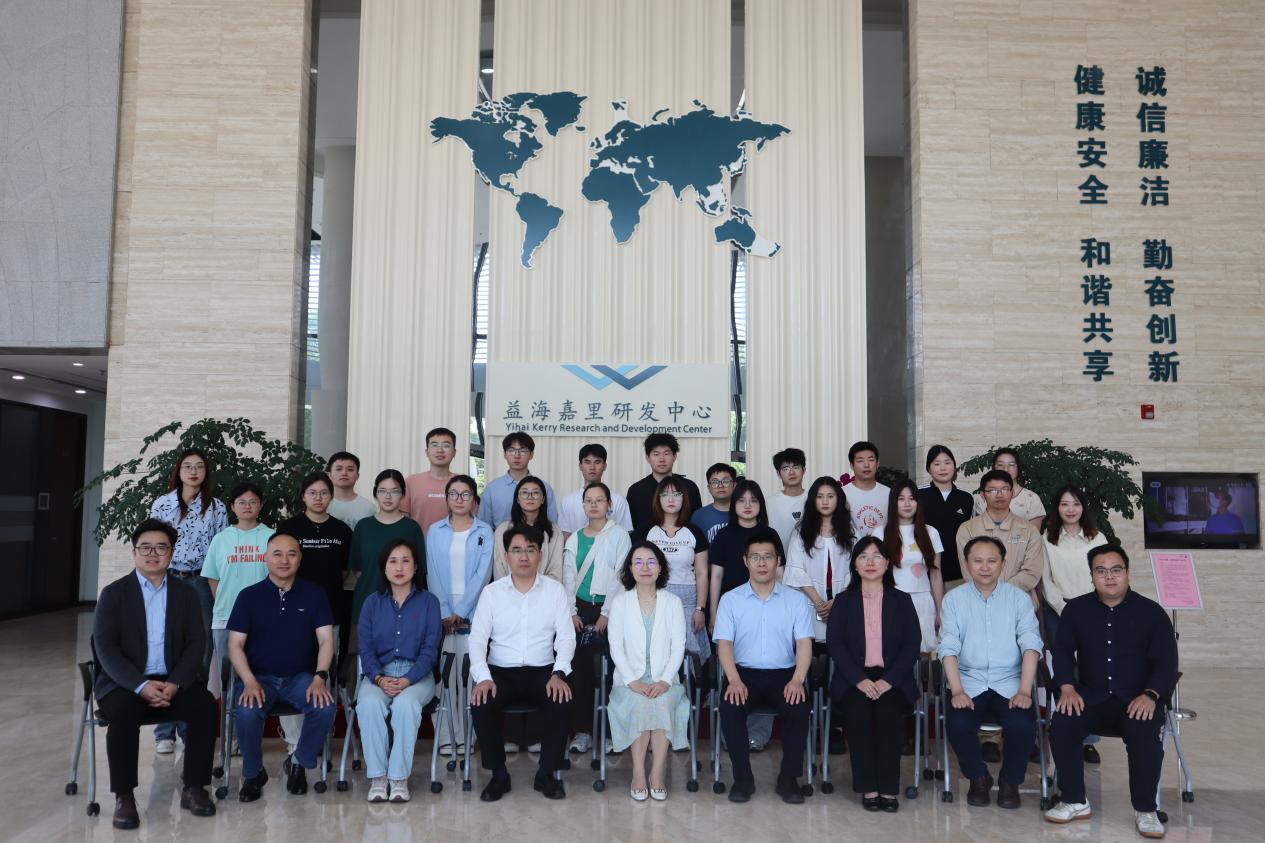
At the beginning of the event, Ma Haili and Zhang Jinfeng provided a comprehensive introduction to Wilmar's business layout and development strategy. With a nationwide presence, Wilmar has scientifically planned its industrial layout by leveraging regional resources, establishing multiple modern industrial parks. In the field of oleochemicals, the company has accumulated extensive practical experience and technological expertise through years of dedicated efforts. Its global R&D center in Shanghai has become an industry benchmark for innovative development, providing advanced technological support and innovative production models through continuous scientific and technological innovation and commercialization.
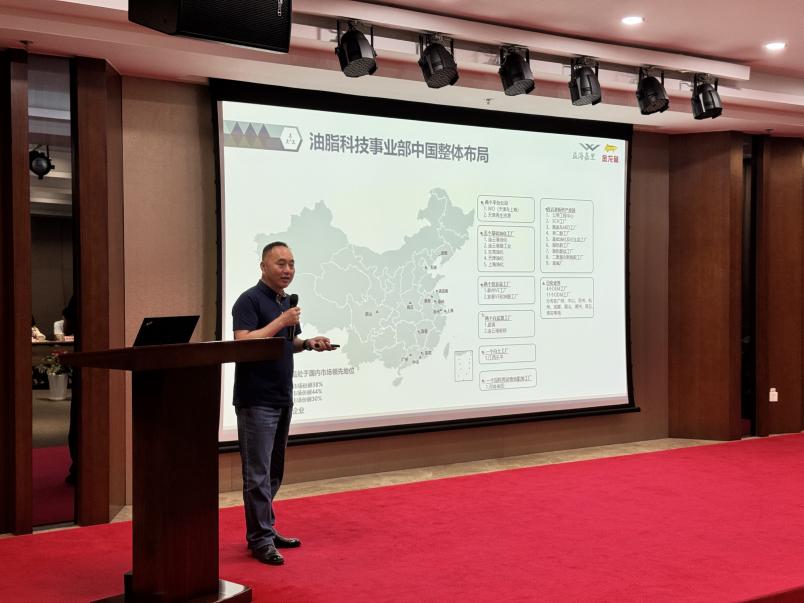
Subsequently, Vice Dean Li Shengjuan systematically elaborated on the development history and achievements of the School of Materials and Chemistry from three aspects: historical evolution, disciplinary characteristics, and research breakthroughs. She pointed out that since its establishment, the school has kept pace with the times, focusing on cutting-edge fields such as material forming, materials science, and applied chemistry, and has achieved a series of breakthrough results in areas like additive manufacturing and chemical engineering. Meanwhile, the school actively promotes industry-academia-research collaboration, establishing close cooperative innovation mechanisms with several leading enterprises in the industry, which has injected strong momentum into disciplinary development and talent cultivation.
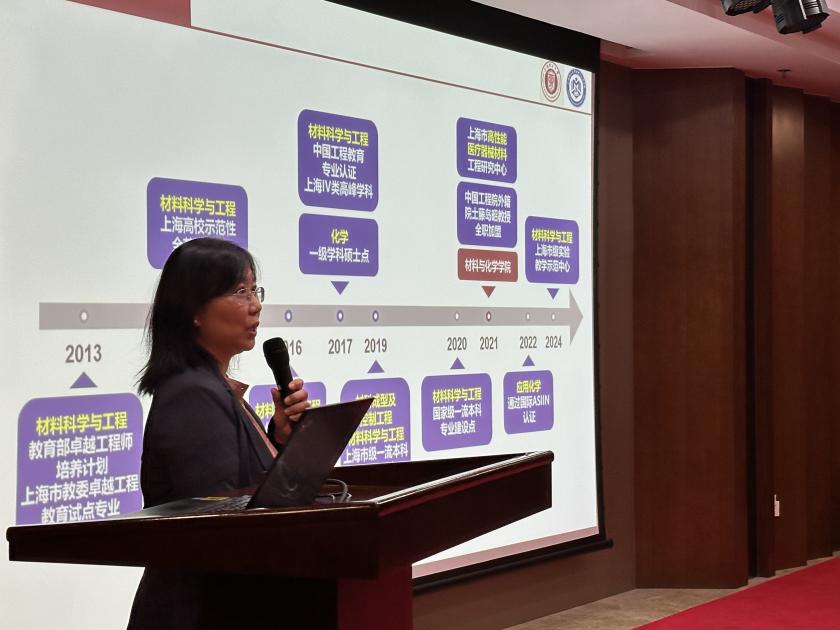
During the symposium, both sides engaged in lively discussions on topics including talent recruitment, internship programs, innovation platform construction, key technology research, and chemical engineering talent cultivation mechanisms. Wilmar spoke highly of the school's talent cultivation model, recognizing that the students trained by the school possess solid professional foundations and outstanding practical abilities. The school's leadership stated that they would take this exchange as an opportunity to fully establish a demonstrative talent training and internship base for oleochemical technology innovation through the cooperative model of "joint platform construction, collaborative project research, and co-cultivation of talent," thereby supplying more high-quality professionals to the industry.
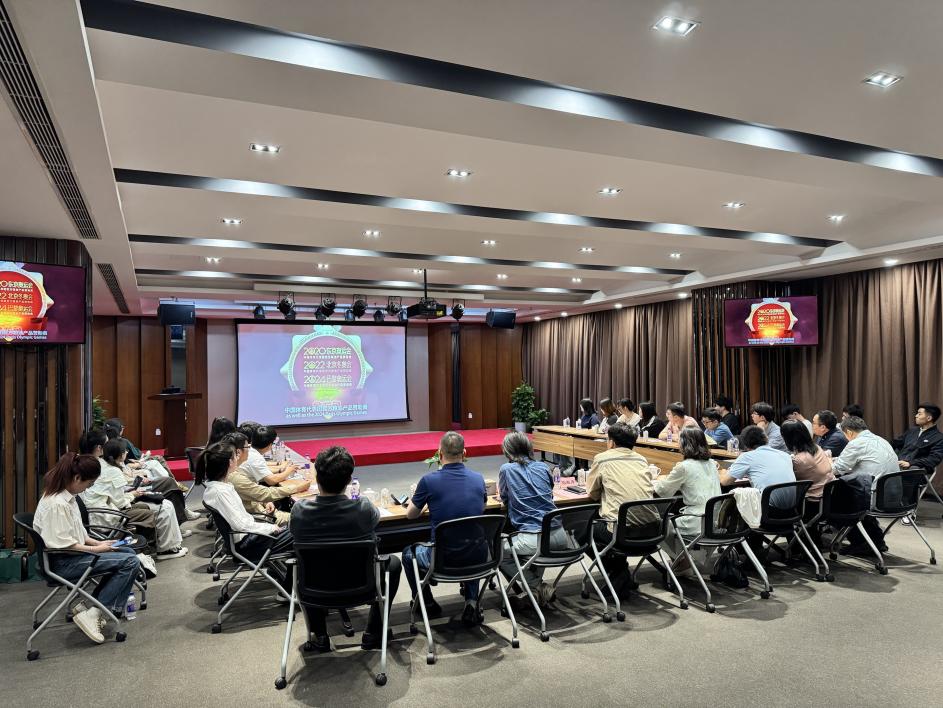
Accompanied by company personnel, the delegation also visited Wilmar's R&D Center, small-packaged oil workshop, and chocolate workshop. Through close observation of production processes and technological applications, the faculty and students not only gained a profound understanding of Wilmar's innovative capabilities across the entire grain and oil food industry chain but also directly learned about the current status and future trends of the chemical industry in this "workshop classroom," reaping substantial benefits.
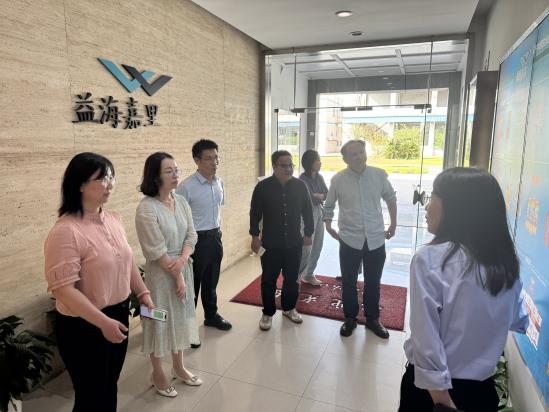
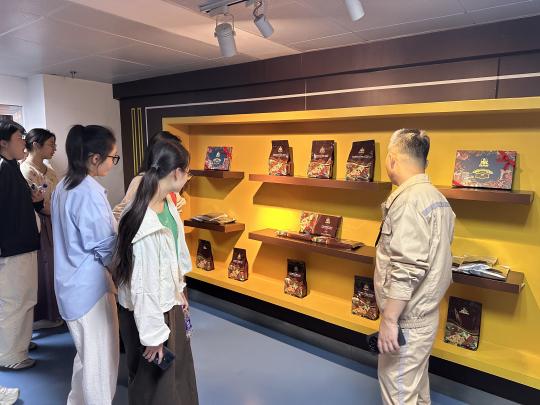
At the conclusion of the event, Secretary Cao Ying expressed sincere gratitude to Wilmar for its warm reception and open sharing. She emphasized that this exchange visit was a vivid practice of promoting the deep integration of the "education chain and talent chain" with the "industry chain and innovation chain," providing valuable experience and important insights for the school to optimize its program offerings and innovate talent cultivation models. She looked forward to further deepening cooperation between the two parties in the future, working together to write a new chapter of university-enterprise collaborative innovation and empowering industry transformation.
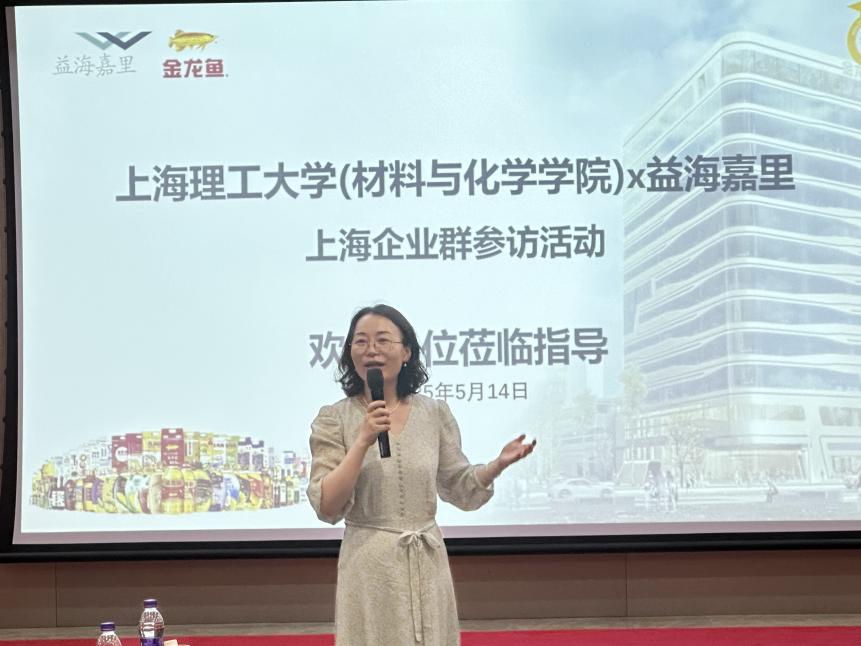
This visit marked the beginning of a new phase of cooperation between the School of Materials and Chemistry and Wilmar. Both parties unanimously agreed to take this exchange as a starting point, closely focusing on the development trends of cutting-edge technologies in the oleochemical field and the needs of the green and low-carbon industry chain, to continuously deepen the mechanisms of scientific research collaborative innovation and industry-education integration. Through measures such as jointly building student internship bases and improving career development guidance systems, they aim to achieve efficient integration and sharing of university-enterprise resources, jointly cultivating interdisciplinary talents with both solid professional knowledge and broad industrial vision, thereby contributing wisdom and strength to promoting the transformation and upgrading of the oleochemical industry, serving the national chemical safety strategy, and supporting the high-quality economic development of the Shanghai region.
Full text: https://chxy.usst.edu.cn/2025/0518/c3680a341535/page.htm
